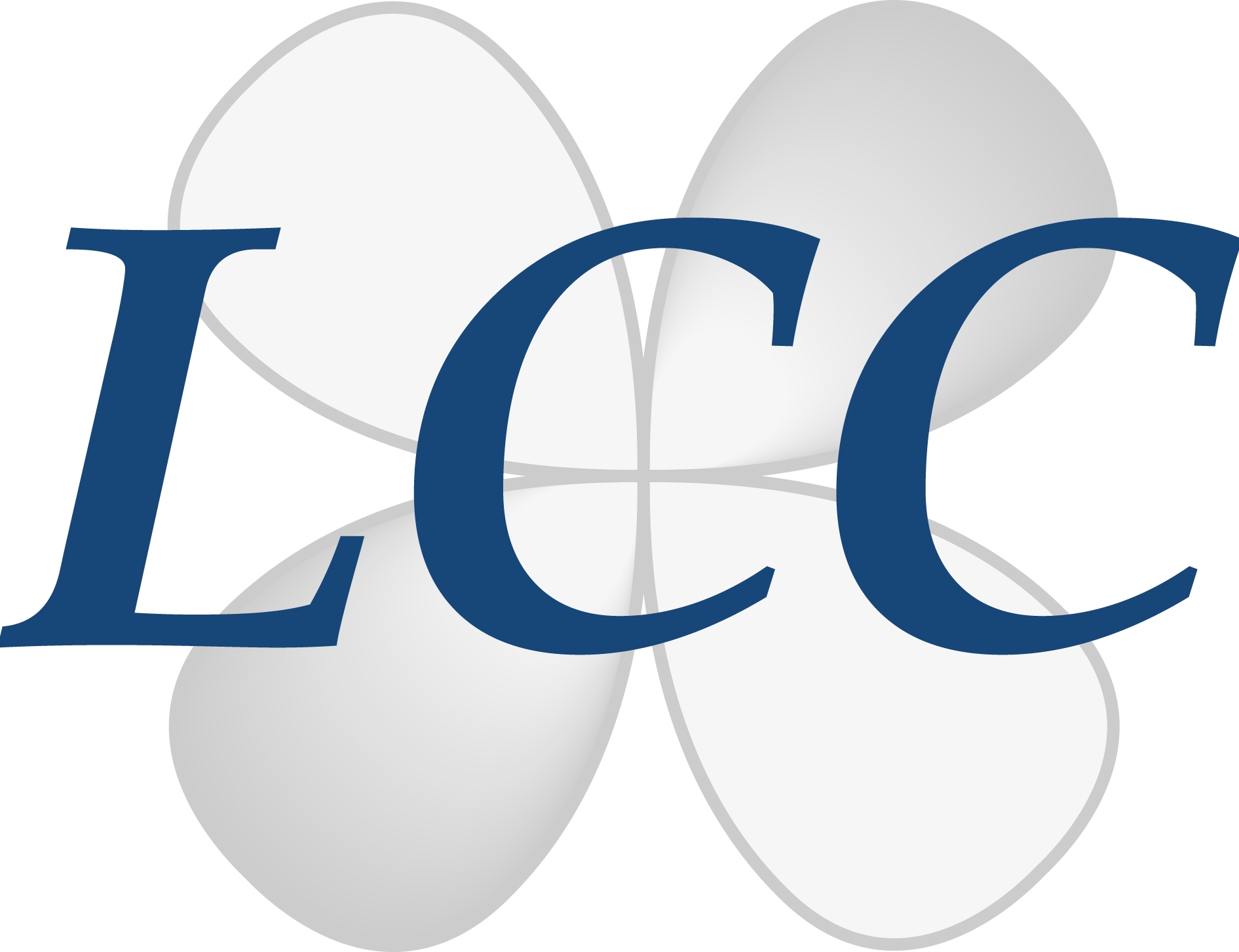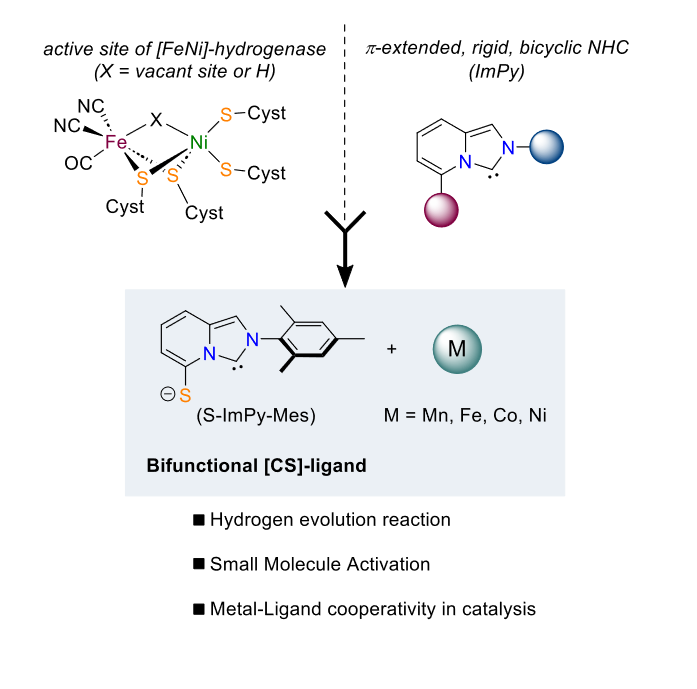METAL-LIGAND COOPERATIVITY IN BASE-METAL CATALYSIS USING BIOINSPIRED NHC-TIOLATES LIGANDS
NANOSCIENCE

Lab: LCC
Duration: Mobility internship (3 to 8 months)
Latest starting date: 02/01/2025
Localisation: LCC-CNRS – Toulouse, University Paul Sabatier
205 route de Narbonne – BP 44099
31077 Toulouse cedex 4 – FRANCE
Supervisors:
Vincent CESAR vincent.cesar@lcc-toulouse.fr
Stéphanie BASTIN stephanie.bastin@lcc-toulouse.fr
Work package:
Homogeneous catalysis is one of the main leverages in sustainable green chemistry to access innovative chemical processes and to achieve sustainable carbon-neutrality in energy applications. A great current challenge is the development of earth-abundant and eco-friendly first-row transition metal (base-metal) catalysts to supplant widespread use of noble metals. In this regard, Metal-Ligand Cooperativity (MLC) is an effective strategy to yield high-performing base-metal catalysts.[1] Despite remarkable progress during the last decade, the latter are usually based on expensive, potentially toxic phosphorus-based ligands, which may offset the beneficial use of first-row metals.
On the other hand, sulfur-rich metalloproteins and metalloenzymes, containing a strongly covalent metal-thiolate or metal-sulfide bonds (M-S) in their active site, are ubiquitous in Nature. In this context and based on the great expertise of our group in the development of functionalized bicyclic N-Heterocyclic Carbenes (NHC),[2] we have recently developed the bifunctional thiolate-ImPy ligand (S-ImPy-Mes), which merges a p-extended, bicyclic imidazo[1,5-a]pyridine NHC scaffold (ImPy) with a biomimetic thiolato ligand.[3] This ligand already showed an original and interesting coordination chemistry and was proved to be redox non-innocent.
The objective of the internship will be to further develop first-row transition metal complexes (Fe, Co, Mn, Ni) which use thiolate-NHC ligands for bifunctional catalysis. The activity of the complexes will be evaluated in hydrogen evolution reaction (HER), small-molecule activation and MLC catalysis for sustainable biomimetic processes

References:
References:
[1] M. R. Elsby, R. T. Baker, Chem. Soc. Rev. 2020, 49, 8933-8987
[2] (a) T. Kittikool, K. Phakdeeyothin, A. Morales, C. Barthes, L. Vendier, S. Yotphan, S. Bontemps, S. Bastin, A. Lledós, O. Baslé, V. César, ChemistryEurope 2024, 2, e202300083; (b) P. Teixeira, S. Bastin, V. César, Isr. J. Chem. 2023, 63, e202200051
[3] M. Marquardt, V. Maurel, J. M. Mouesca, L. Vendier, S. Bastin, I. Castillo, V. César, manuscript in preparation
Areas of expertise:
Base-metal catalysis, Metal-Ligand cooperativity, N-Heterocyclic Carbene, thiolate ligand, biomimetic approach.
Required skills for the internship:
Good knowledge in organic synthesis, organometallic chemistry, and advanced characterization techniques (multinuclear NMR, X-Ray diffraction, EPR, MS …)
